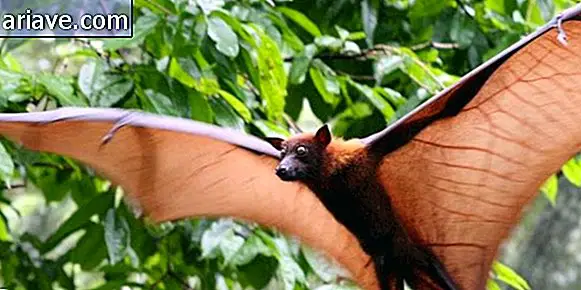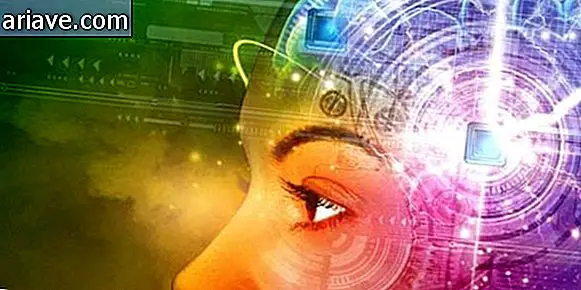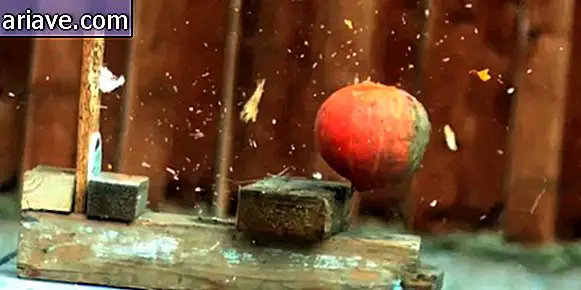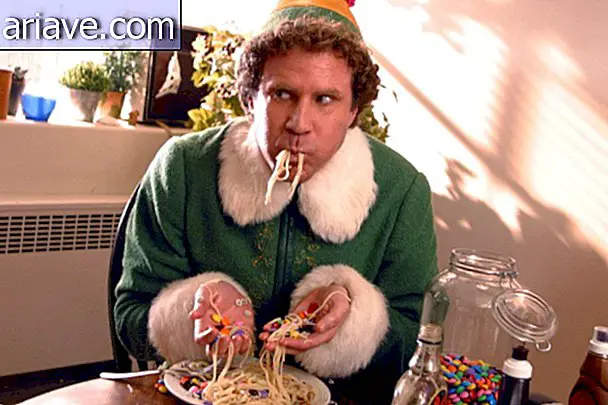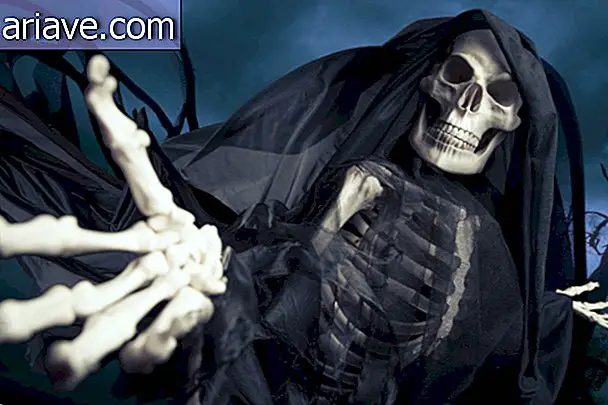Scientist believes it is possible to reactivate memory of when we were babies
What do you remember about your early years? Almost nobody remembers anything before the age of 3, and scientists do not know exactly why. However, these supposedly lost memories may be reactivated, according to a new study.
Scientists believe we have lost memory of when we are babies because our brain is still in formation. However, how can we explain that our brains are so powerful that we learn to communicate and move but cannot hold almost any memory?
Researcher Alessio Travaglia believes that memories are actually in our brains, but we don't really know how to reactivate them. According to him, a correct stimulus could do this process. To try to prove this, Travaglia tested his theory with mice, as these animals are believed to also suffer from childhood amnesia.
In the case of mice, human 2 or 3 years is only 17 days. After this time, animals forget basic situations. An example is in relation to shock: older rats know places in their experimental houses that give out electric discharges, but not so with baby rats.

Travaglia suggests that if the young mice receive a new shock, they will learn which part of their houses are dangerous - a suggestion that this could have reactivated the first information, which they would have forgotten. However, not everyone is believing this theory ...
It turns out that the first memory may not actually be being rewired, but rather a new memory is being created through bad shock stimulation. Not to mention, of course, that you can't guarantee that rats actually suffer from childhood amnesia just like humans.
Now how to carry this theory to us? What kind of double stimulation would it take to remember our early days on earth? Would it be possible to do this through hypnosis? What kind of traumas may be hidden in our brains that we make no point of finding out? All these questions still have to be answered by Alessio Travaglia, but, let's face it, the idea is pretty cool, huh?

